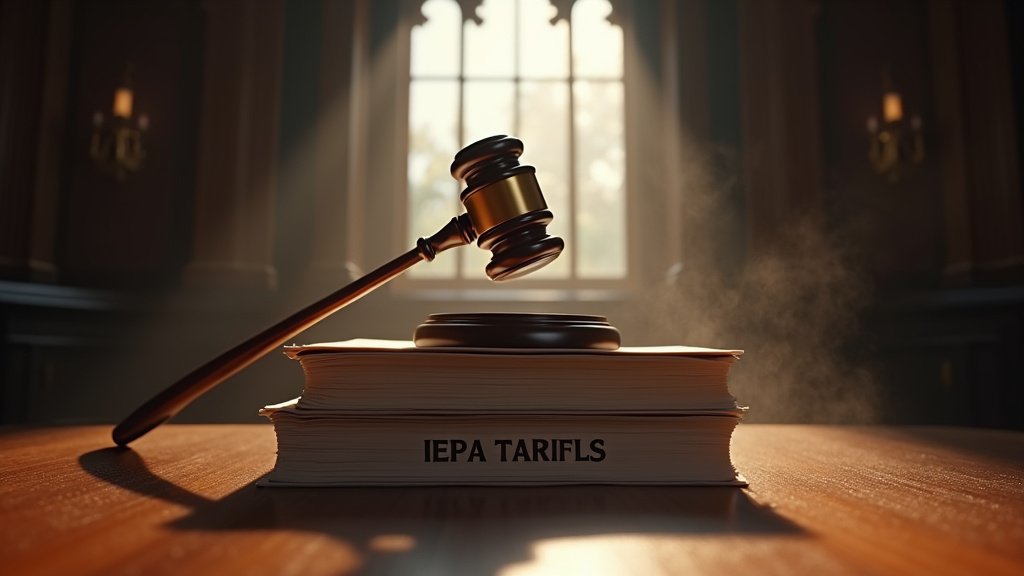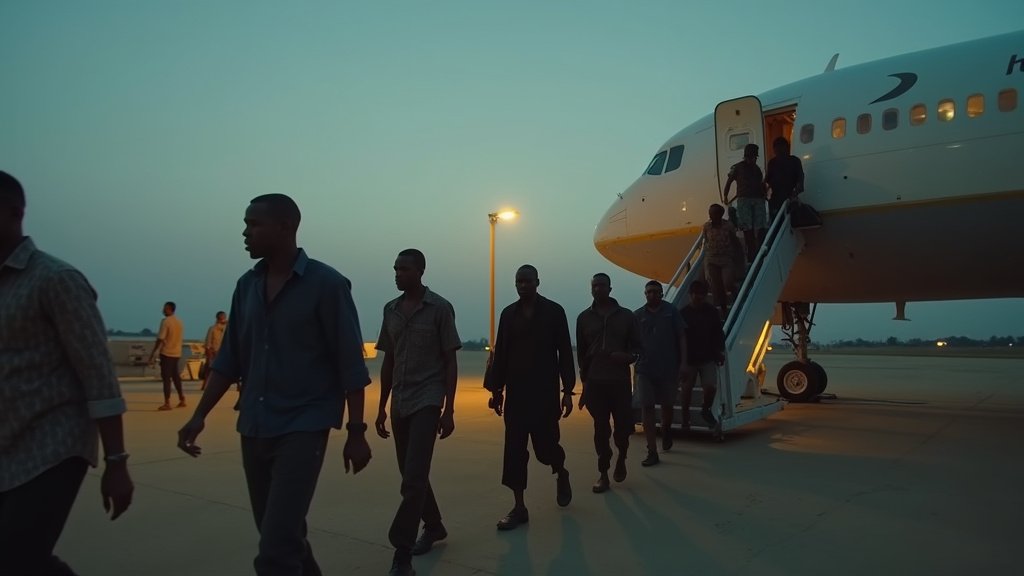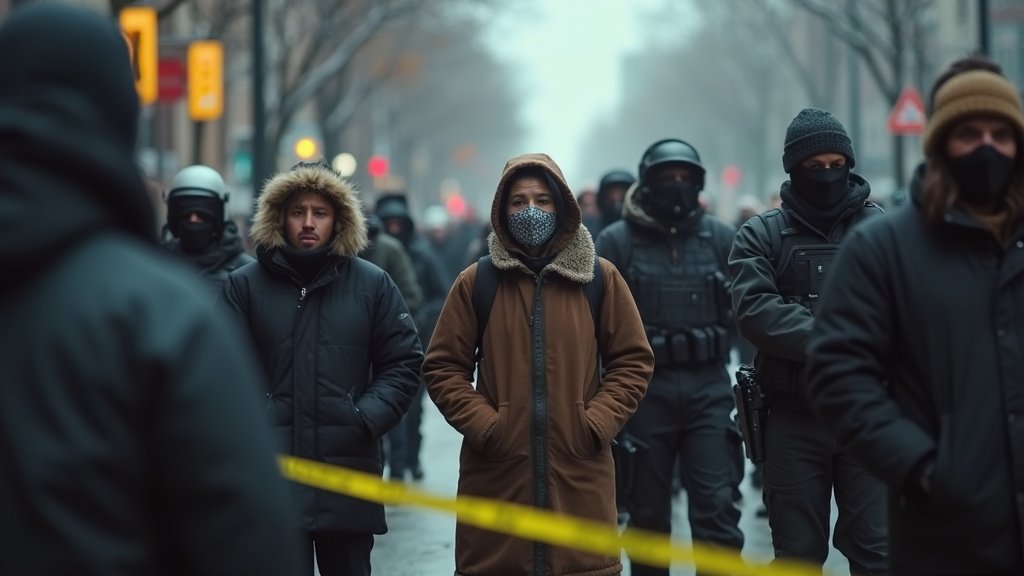Guatemala City, Guatemala – President Bernardo Arévalo of Guatemala unequivocally denied on Friday, June 27, 2025, that his administration had signed a new agreement with the United States concerning the acceptance of asylum seekers from other countries. This assertion directly contradicted claims made public by U.S. Homeland Security Secretary Kristi Noem following meetings in Guatemala City.
The denial from the Guatemalan president emerged a day after he met with Secretary Noem in the capital on Thursday, June 26, 2025. During this high-level engagement, a separate, joint security agreement was publicly signed. This security pact outlined cooperation allowing U.S. Customs and Border Protection officers to be stationed at Guatemala City’s international airport. Their role, according to the agreement, is to train local agents specifically on screening procedures aimed at identifying potential terrorism suspects entering the country.
Conflicting Statements on Immigration Pacts
While the security agreement was a matter of public record from the Thursday meeting, Secretary Noem later asserted that a significant, signed document for a “safe third country” agreement had also been reached during her visit, which reportedly included discussions on a similar deal in Honduras. The concept of a “safe third country” agreement typically requires asylum seekers to request protection in the first safe country they arrive in, rather than continuing on to another destination, such as the United States.
President Arévalo, speaking on Friday, June 27, 2025, moved to clarify the situation and dispel Secretary Noem’s claim regarding a new immigration accord. He stated emphatically that nothing new related to immigration policy or the acceptance of third-country nationals for asylum was signed during the recent talks. Arévalo maintained that Guatemala’s current immigration cooperation with the United States continues to operate under an agreement reached in February of the same year.
The February Agreement: Deportation and Transit
The existing February agreement, which President Arévalo referenced, was established with former U.S. Secretary of State Marco Rubio. This pact outlines specific terms for immigration cooperation but differs fundamentally from a comprehensive “safe third country” framework as often sought by the United States. According to President Arévalo and details from his administration, the February agreement stipulates that Guatemala will continue its practice of accepting the deportation of its own citizens from the United States. Furthermore, it specifies that Guatemala will also continue to accept citizens of other Central American nations who are being deported, but strictly as a transit point on their journey back home to their countries of origin, not necessarily for processing their asylum claims within Guatemala.
This distinction is crucial, as a “safe third country” agreement typically involves the receiving country processing asylum claims from individuals who merely transited through their territory on the way to another country. The February agreement, as described by Arévalo, focuses more on facilitating the return of Central American nationals to their homelands.
Asylum for Nicaraguans: A Stance of Solidarity
Amidst the broader discussion on migration agreements, President Arévalo also reiterated Guatemala’s specific humanitarian stance regarding individuals fleeing the political situation in Nicaragua. He noted Guatemala’s willingness to provide asylum specifically to Nicaraguans, characterizing this approach as an act of “solidarity” due to the particular circumstances faced by people from that nation.
This willingness to offer asylum to a specific national group under specific circumstances highlights the nuances of Guatemala’s position, suggesting a more tailored approach to asylum provision rather than a blanket agreement to accept all third-country nationals seeking asylum.
Guatemala’s presidential communications office further supported Arévalo’s account. They indicated that during Secretary Noem’s visit, what was provided was not a new signed agreement on immigration or asylum, but rather a ratification or reaffirmation of the existing February agreement. This communication reinforced the administration’s position that no new commitments on accepting asylum seekers from other countries were made or signed during the late June meetings.
Historical Context and Different Approaches
The discussions surrounding a potential “safe third country” agreement during Secretary Noem’s visit also drew references to previous immigration talks, including those held during the visit of former Secretary of State Marco Rubio in February and, looking further back, to a similar agreement reached during President Donald Trump’s first term in office. The Trump-era agreement was a more expansive “safe third country” pact that faced significant criticism and was later suspended.
President Arévalo has consistently sought to differentiate his administration’s approach to migration from that of previous Guatemalan governments. He emphasized this during his remarks, indicating that Guatemala’s current strategy and agreements reflect a different perspective compared to the more comprehensive “safe third country” pacts previously pursued or discussed.
The conflicting statements from President Arévalo and Secretary Noem underscore the ongoing complexities and points of contention in migration negotiations between the United States and Central American nations. While cooperation on security matters, such as airport screening for terrorism suspects, appears to be advancing, reaching consensus on the sensitive issue of processing and hosting asylum seekers from third countries remains a significant challenge.






